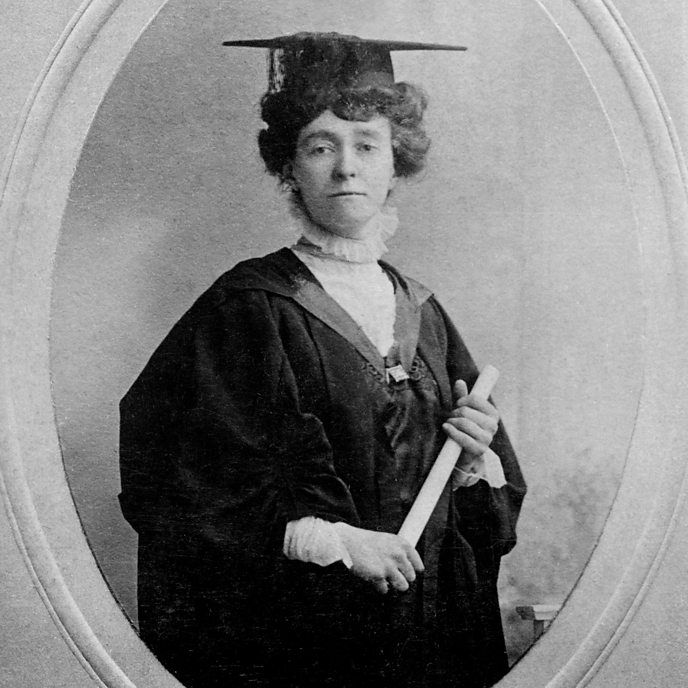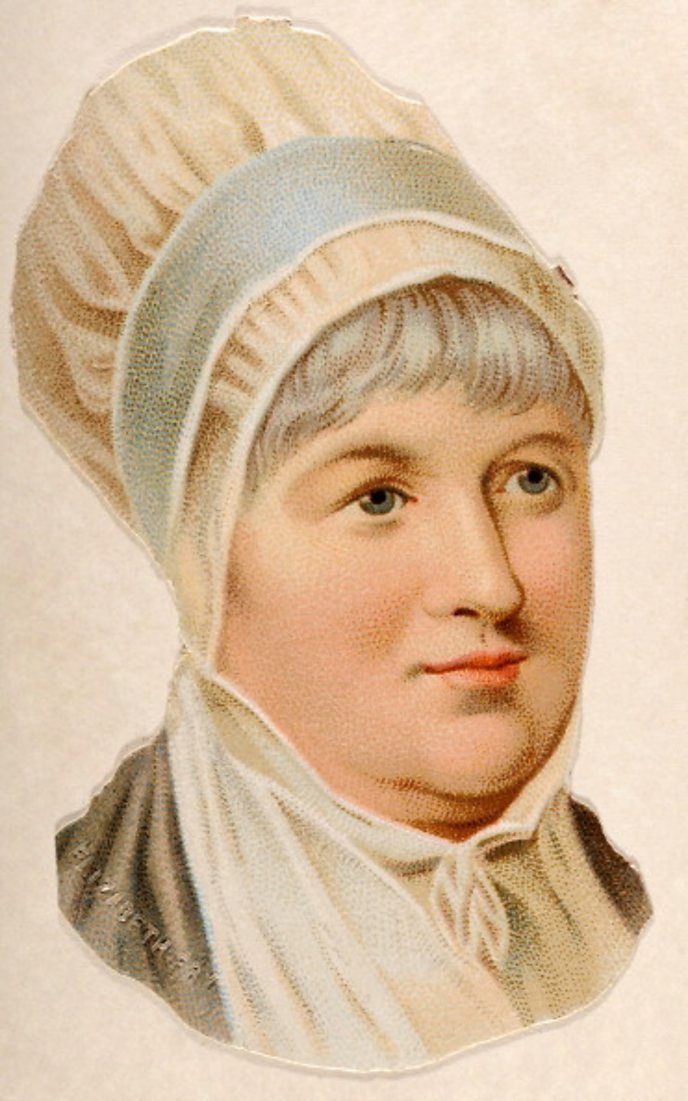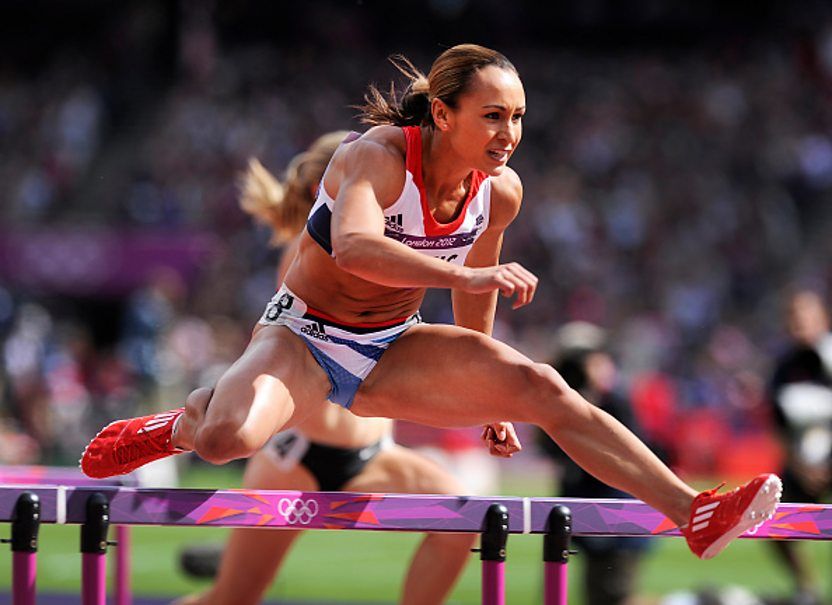Searching for inspirational ladies




Do you know a Yorkshire lady who has inspired you in business or perhaps personally? If you do, we want to know about them.
Do you have a business mentor who has helped you set up or grow your business and maybe continues to do so? Perhaps there is someone who has inspired you and they are unaware of it?
To celebrate International Womens Day, Yorkshire Businesswoman would like to feature some of these inspirational women. We are looking for nominations of just 100 words about a lady that has been your inspiration, that we can feature in the March edition of Yorkshire Businesswoman magazine. If you know it, a telephone number or email would be useful for the person too, so we can get in touch with them to seek an image and permission to publish about them. Your nomination can be anonomous if you prefer.
Please do send us your 100 words before Monday 1st March to hello@yorkshirebusinesswoman.co.uk For further information call 07711 539047.
Below we feature three inspirational women from past times: Three women who stood up to be counted
History is filled with women who took a stand in an attempt to redress the balance in gender inequality.
Whether sport, suffrage or civil rights, many took up the fight to varying degrees of success. Here are three of those women - and their stories.
Emily Wilding Davison
Emily Davison, paid the ultimate price in the ongoing battle to gain votes for women.
"While by the beginning of the 20th century campaigners had made huge progress, frustration grew as the Liberal government repeatedly stopped women's suffrage bills from becoming law. The suffragette movement saw protesting as the only way they could get wider attention for their cause. Many suffragettes were sent to prison and went on hunger strike.
On 4 June 1913, Emily decided to protest at the Epsom Derby. With around half a million people in attendance, including the King and Queen, it was the perfect arena in which to make a statement.
King George V had a horse in the race, called Anmer, which Emily targeted. Tattenham Corner was the final bend before the home stretch and it was here that Emily headed out onto the track and reached up for Anmer's reins. As she made contact with the horse, it was the equivalent of being hit by a car travelling at 35mph. She died in hospital four days later. Many think her death was intentional, but others say she was just trying to disrupt the race to make a statement. Whatever her motivation, this was a key moment in the suffragette movement.
Five years later, women over the age of 30 were given the vote. When suffragette Emmeline Pankhurst died in 1928 Herbert Jones, the King's jockey, laid a wreath at her funeral in honour of both her and Emily Wilding Davison.

Elizabeth Fry, prison reformer
The former face of the Bank of England five pound note, Elizabeth Fry was a philanthropist and social reformer who fought to ensure prisoners were treated more humanely.
A Quaker who had already campaigned to abolish the slave trade, it was her visit to Newgate Prison in 1813 which prompted Fry to speak out against poor conditions. She saw women and children crowded together in one section, cooking their own food and forced to sleep on straw. She returned back the following day with supplies for them.
Her work continued over the years and was admired by Queen Victoria and Prime Minister Robert Peel. An advocate of rehabilitation over punishment, Fry’s ideas and practices led to the Gaols Act of 1823 which strove to improve conditions on a permanent basis. A women’s refuge was opened in London four years after her death to mark her legacy.

Alice Milliat, athlete
If you loved cheering on our female athletes during London 2012’s Super Saturday, you have Alice Milliat in part to thank.
In the early 20th century men dominated the Olympic Games with women’s participation restricted to sports such as golf and archery. There were no female track and field medals to be won - until Alice came along.
Born in 1884 in France, Alice was a keen rower who had unsuccessfully campaigned for the Games to include women’s athletic events.
In 1921, she founded La Fédération Sportive Féminine Internationale (FSFI), to ensure international women’s sporting events could take place to some extent. In 1922 in Paris, the FSFI organised the first Women’s Olympics Games, held every four years.
The use of the word ‘Olympics’ in the title did not please the International Olympic Committee (IOC) and talks began between the two bodies. They paid off. If the FSFI agreed to change the name of its sporting festival, 10 women’s events, including athletics and gymnastics, would be introduced to the programme of the 1928 Olympic Games in Amsterdam.
The FSFI agreed, calling their next event the Women's World Games. More women began to be included in the Olympic Games with numbers growing over time.
At London 2012, each participating country sent a female athlete to the Games for the first time ever.
